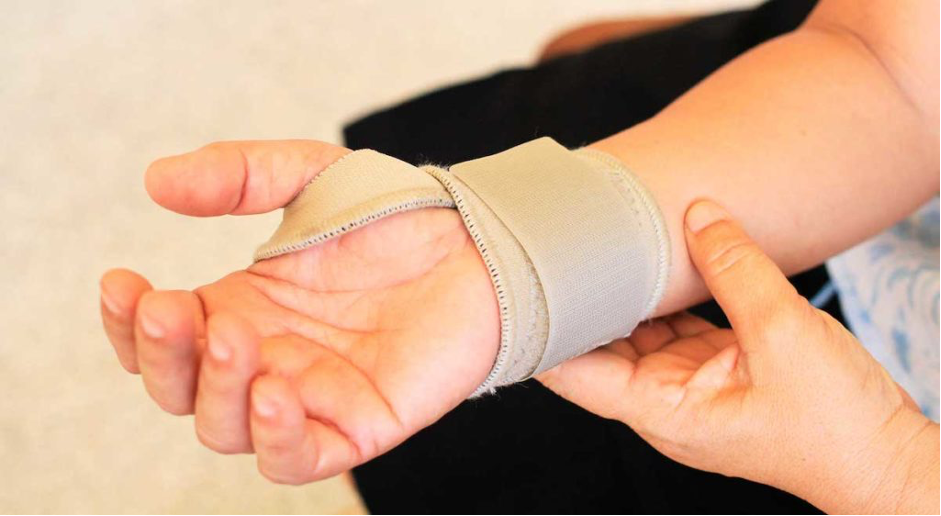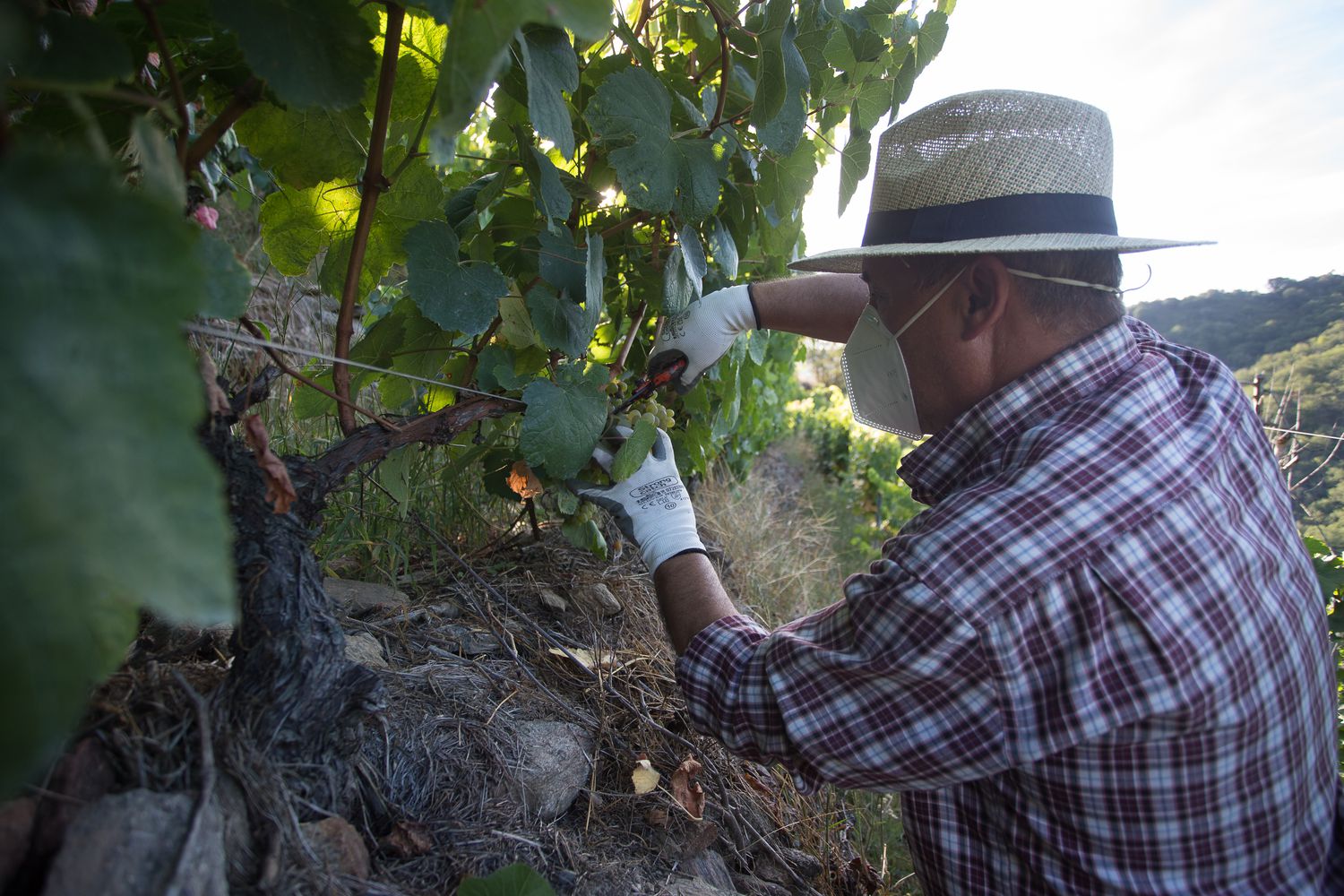Direct Cremations: A Pure Cremation review
According to research carried out by SunLife in 2021, the...
When Experience Even More Than A Degree
The relays in the domes of the listed companies of half the...
How Workplace Injuries Impact a Business
Workplace injuries can greatly impact your business on a...
The Benefits of Playing Solitaire Games
Online gaming is massively embraced all over the globe, and...
Best Storage Collection and Delivery Companies in UK
There are a number of advantages of working with a...
How SMEs are Driving Growth in the Logistics Sector of Oman?
Logistics is a prominent business sector that gains...
Successful Investor’s Profile: Pavel Eduardovich Melnikov
The entrepreneur is mainly known in Russia and all over the...
5 Tips for Creating a Secure Business Website
There are few things that can affect your brand as much as...
The Greatest Challenges For Agriculture For 2021
The Food Chain Law and the elaboration of a Strategic Plan...
Why a Garden Office Is Perfect During COVID-19
A garden office could be a great investment during COVID-19...











 Bitcoin
Bitcoin  Ethereum
Ethereum  Tether
Tether  XRP
XRP  USDC
USDC  Solana
Solana  TRON
TRON  Lido Staked Ether
Lido Staked Ether  Cardano
Cardano  Avalanche
Avalanche  Toncoin
Toncoin